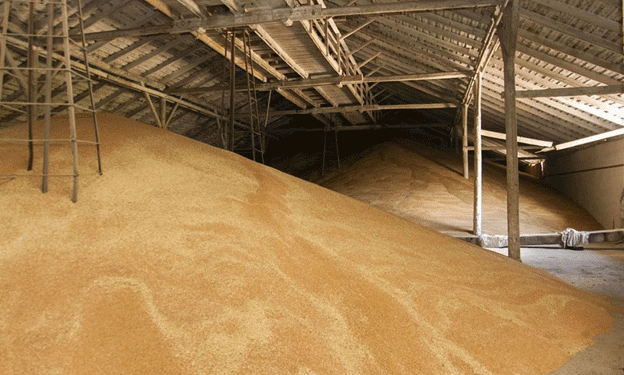From January 1st to December 16th, 2024, the Rosselkhoznadzor, through its offices in the Amur region and the Republic of Sakha (Yakutia), conducted detailed checks on 55 grain declarations. Out of these, 21 were found to have serious violations, affecting a total of 38,000 tons of agricultural products. These declarations were invalidated due to a range of issues, including incomplete testing of the grain for required safety standards, improper choice of certification schemes, and errors in documentation.
One notable violation involved an individual entrepreneur from Voronezh who declared 200 tons of oats. The tests conducted to identify harmful substances such as arsenic, mercury, T-2 toxin, ochratoxin A, and benz(a)pyrene did not align with the necessary standards set by the Customs Union’s Technical Regulation “On Grain Safety.” This error not only resulted in the invalidation of the declaration but also underscored a critical gap in understanding among some grain operators regarding the regulatory requirements.
These findings highlight the urgent need for more rigorous monitoring and adherence to standards in grain production and distribution. The Rosselkhoznadzor has responded by issuing warnings to those responsible for these violations, stressing the importance of compliance with mandatory requirements to ensure food safety and prevent the spread of potentially harmful grain. The agricultural community must work together to address these issues and maintain high standards in the sector.
The discovery of 38,000 tons of potentially hazardous grain in Yakutia serves as a crucial reminder of the importance of stringent regulatory oversight in agriculture. The Rosselkhoznadzor’s findings reveal systemic gaps in compliance and the need for better education and practices among grain producers and distributors. Moving forward, stakeholders must prioritize accurate testing, proper documentation, and adherence to standards to safeguard both public health and industry reputation.
Error




